SWINE FEVER IS HARMLESS TO HUMANS – END THE SPREAD OF FALSE INFORMATION ABOUT EPIDEMICS
Participants at the forum included Zoltán Pokorni, Mayor of Hégyvidék, and his staff, Dr. Lajos Bognár, national chief veterinarian, Dr Lajos Vajda, Director of Animal Health and Protection at the National Food Chain Safety Office (Nébih) and Manager of the National Epidemic Protection Centre, Dr. Ottilia Győri, Mayor of Budakészi, and her staff, Gergely Mikó, Director of the Normafa Park Maintenance and Management Authority, Dr, Péter Juhász, chief veterinarian for Hégyvidék (Twelfth) District Council, Gábor Reinitz, Director of Pilis Parklands, József Keszléri, Forestry Manager in Budakészi for Pilis Parklands, Máté Szentirmai-Zöld, Manager of Social Development in the Second District Council, and representatives and staff from the Third District Council.
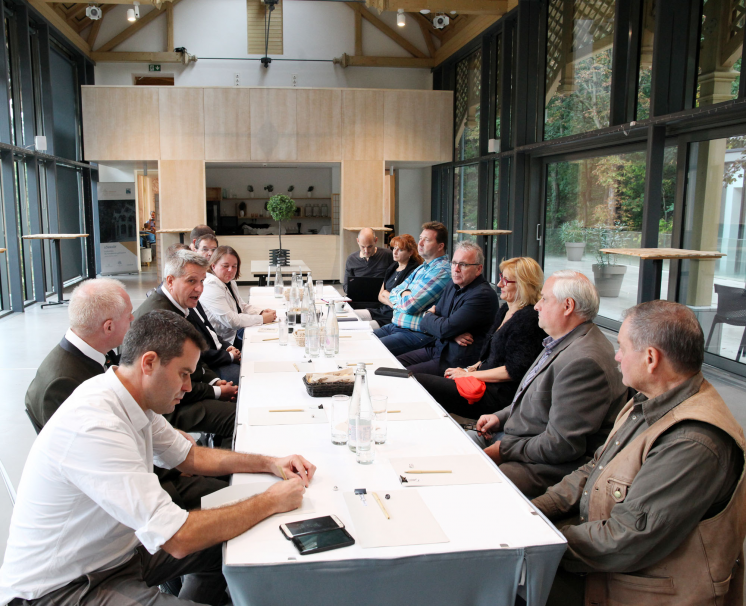
Dr. Lajos Bognár, national chief veterinarian, made it clear from the start that African swine fever is totally harmless to other animals and humans, and that children and the elderly need not fear it. Not even if, for some reason, they come into contact with a sick animal or a corpse or consume meat from a sick animal. No infected meat products have turned up in commercial supplies.
As people’s carelessness can assist the immediate spread of the virus, everyone agreed that it was especially important to provide adequate information to residents about responsible behaviour.
The chief veterinarian stated as far as the authorities are aware, African swine fever has only affected the Budakeszi wildlife refuge, where five wild boars showed signs of the ASP virus in laboratory tests last Saturday.
In order to control the spread of the epidemic, it was necessary to cull any wild boars living there. Examinations are being carried out on the culled animals. About half of the samples taken have been checked so far.
The chief veterinarian stressed that there is little chance that this infection will arise elsewhere, as animals living beyond the enclosed land would have had to be in contact with the urine, blood or droppings of the infected animals. If no infected animals are found beyond the enclosed land within a few weeks, and a count of wild boar in the closed hunting area commences, then it will be presumed that there is no danger of an epidemic. District councils will continue to capture of wild boars wandering into gardens and residential zones during this time.
Dr. Péter Juhász, chief veterinarian for the twelfth district, indicated that the district contains no domestic pigs, with the exception of the petting zoo on Konkoly-Thege Miklós Road, which holds two dwarf American piglets that have been separated from the other animals and the public.
Máté Szentirmai-Zöld drew attention to the fact that many people still dump garden waste and food scraps at the edge of the forest. This is an invitation to wild boars to approach urban areas, and thus represents a risk to the public.
Zoltán Pokorni asked what might be done if wild boars are seen in residential areas or the forest. The chief veterinarian responded that wild boars with the disease are unlikely to die in urban areas as they tend to withdraw into their own habitats when they become ill. On the other hand, if a road accident with a wild boar occurs, it is forbidden to touch an injured or dead boar.
It is very important that if someone, somehow, finds a dead boar they must not take it nor any part of it home to consume its meat, as this may contribute to the spread of the virus. Likewise, no one should attempt to catch any orphaned young in order to “rescue” them.
He advised hikers to wash their shoes thoroughly after hiking in the forest. It is worthwhile using a disinfectant with an anti-viral agent.
Anyone who notices the corpse of a wild boar should, without delay, inform the National Food Chain Safety Office (Nébih) on the toll-free “Green number” 06 80 263 244.
Information signs from National Food Chain Safety Office (Nébih) have been placed at the edge of the forest, along walking trails and at rest stops.
The authority has also created the following webpage (https://portal.nebih.gov.hu/hu/afrikai-sertespestis), where, in addition to all relevant information, frequently asked questions are answered. (https://portal.nebih.gov.hu/gyik/allat/gyakran-ismetelt-kerdesek/afrikai-sertespestis)
The most important things to know:
- Swine fever is not dangerous to humans or other animals, nor will it give them any kind of disease or medical condition.
- All walking trails remain open, allowing visitors to walk freely through the forest, but in the interests of containing the disease, stay on the designated walking trails and wash your shoes with disinfectant after hiking.
- Do not leave garden waste or food scraps in or near the forest. Waste should be placed in the designated waste bins.
- It is forbidden to walk dogs without a leash in the forest.
- If you encounter the young of wild boar, do not disturb them, and do not try to catch them in order to take them home or to a veterinarian.
- If you find the corpse of a wild boar, or a boar that appears to be ill, contact without delay the National Food Chain Safety Office (Nébih) on the toll-free “Green number” 06 80 263 244. Never touch or move the corpse of a wild boar.


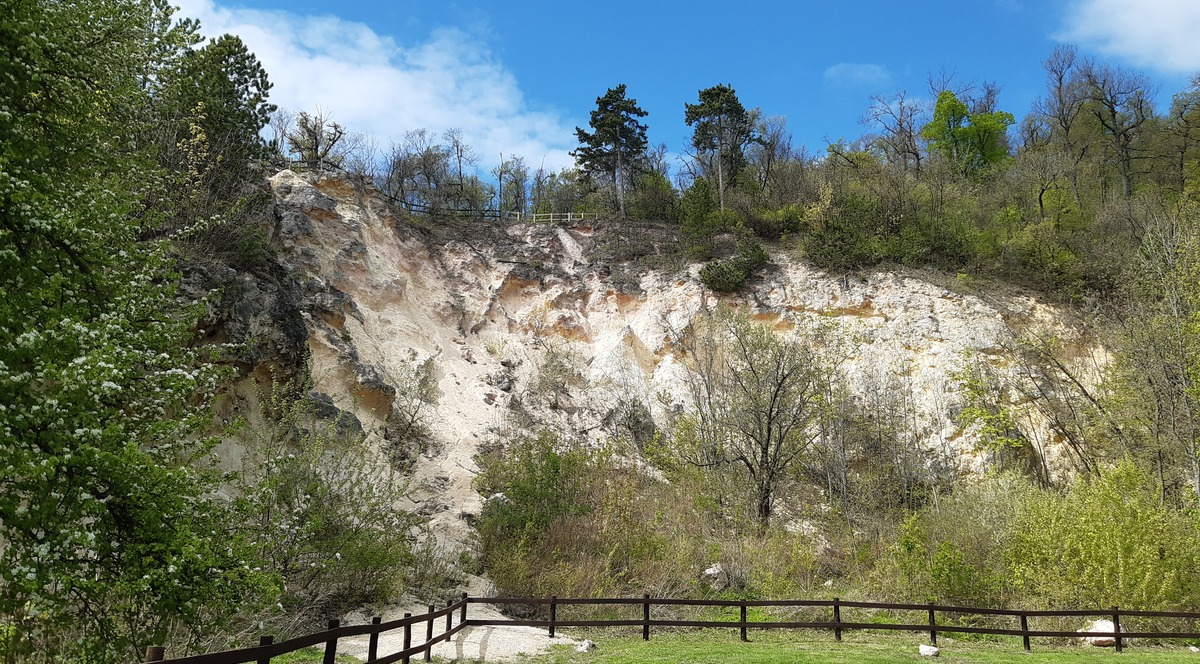
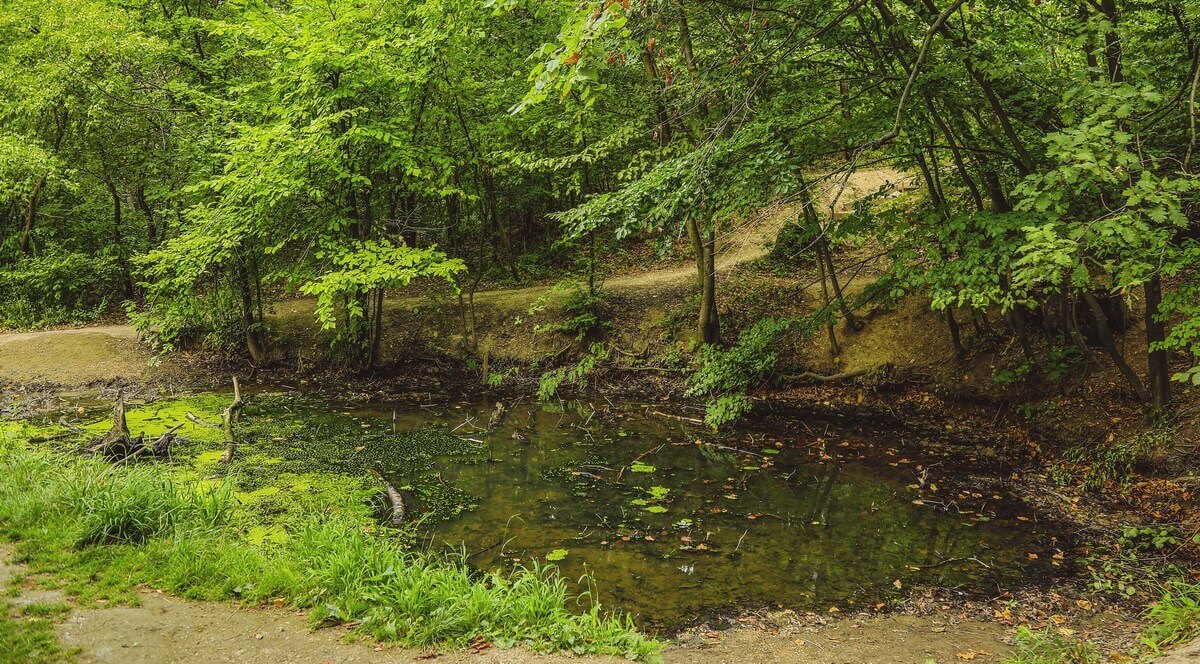
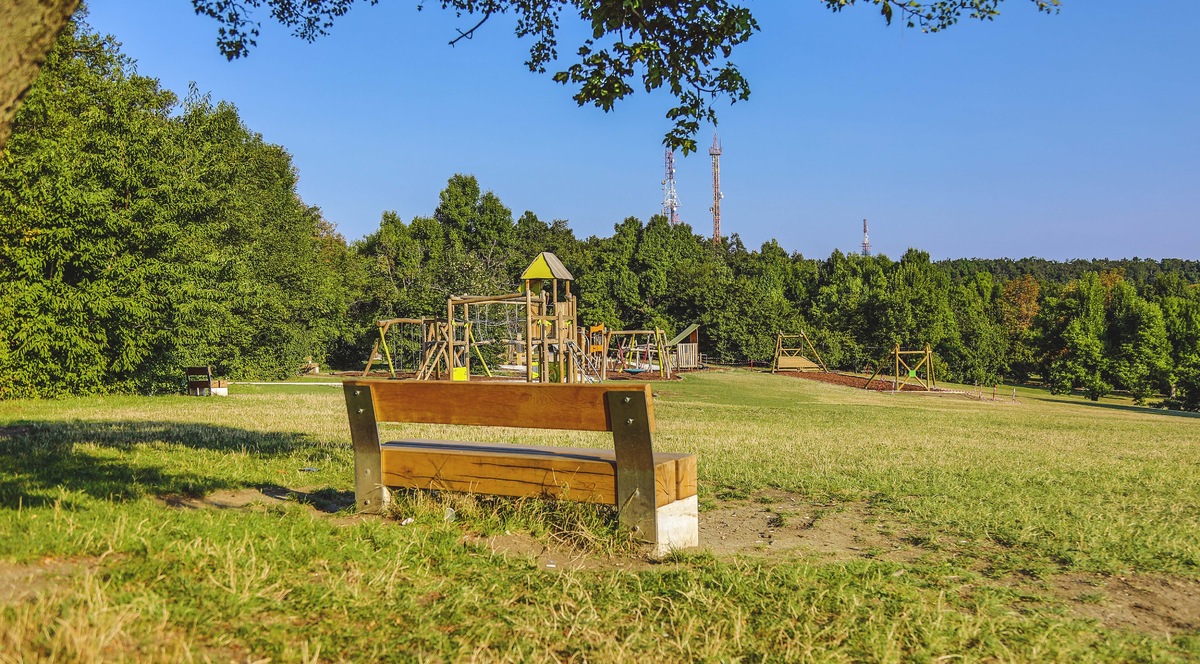

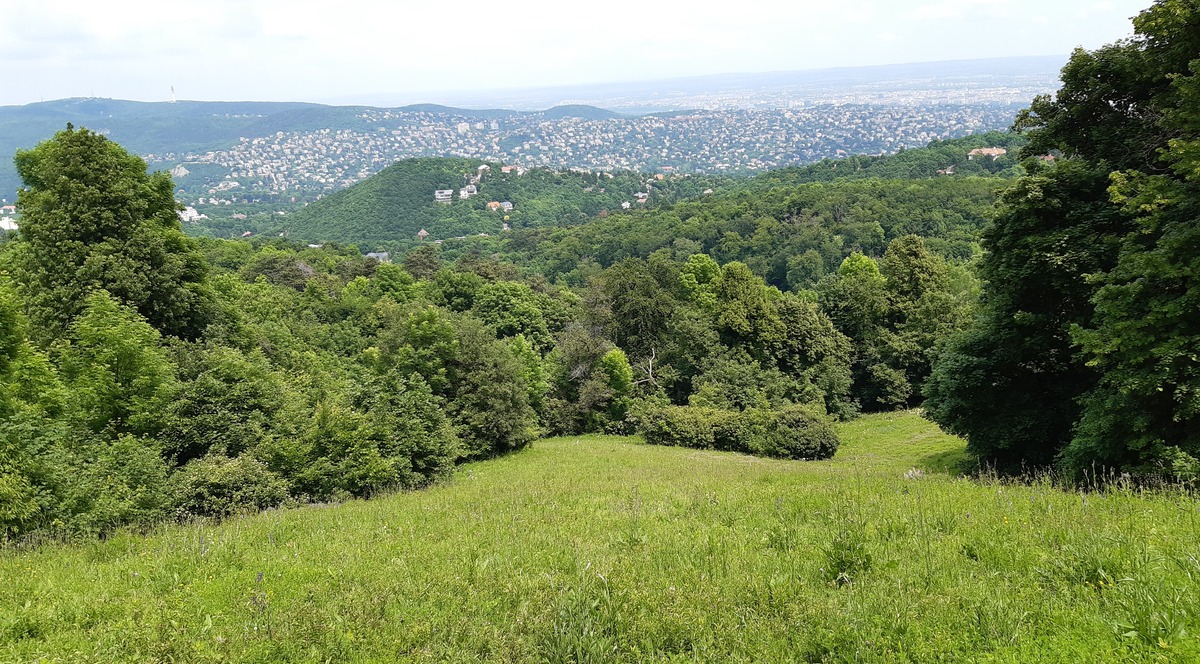
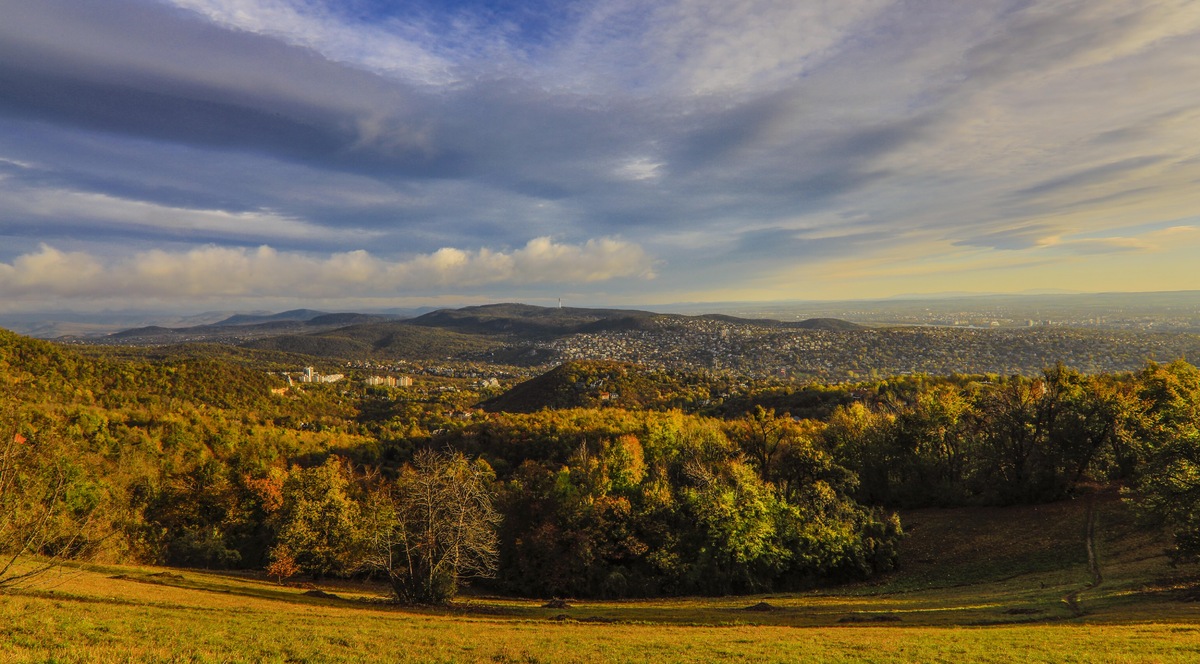

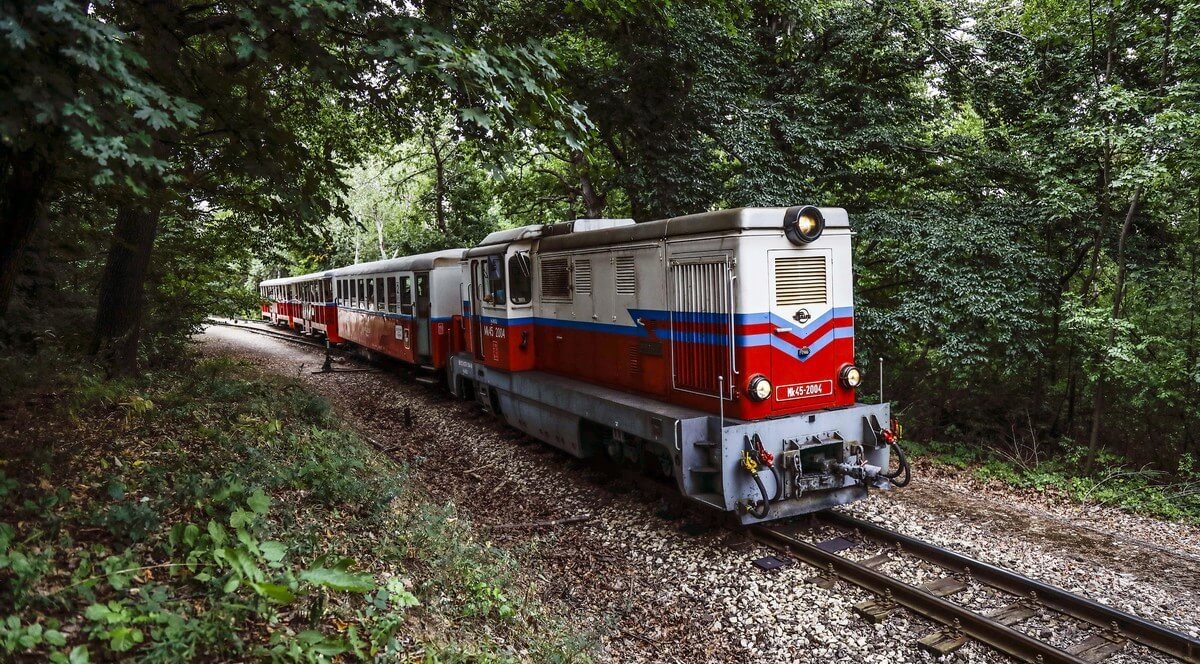

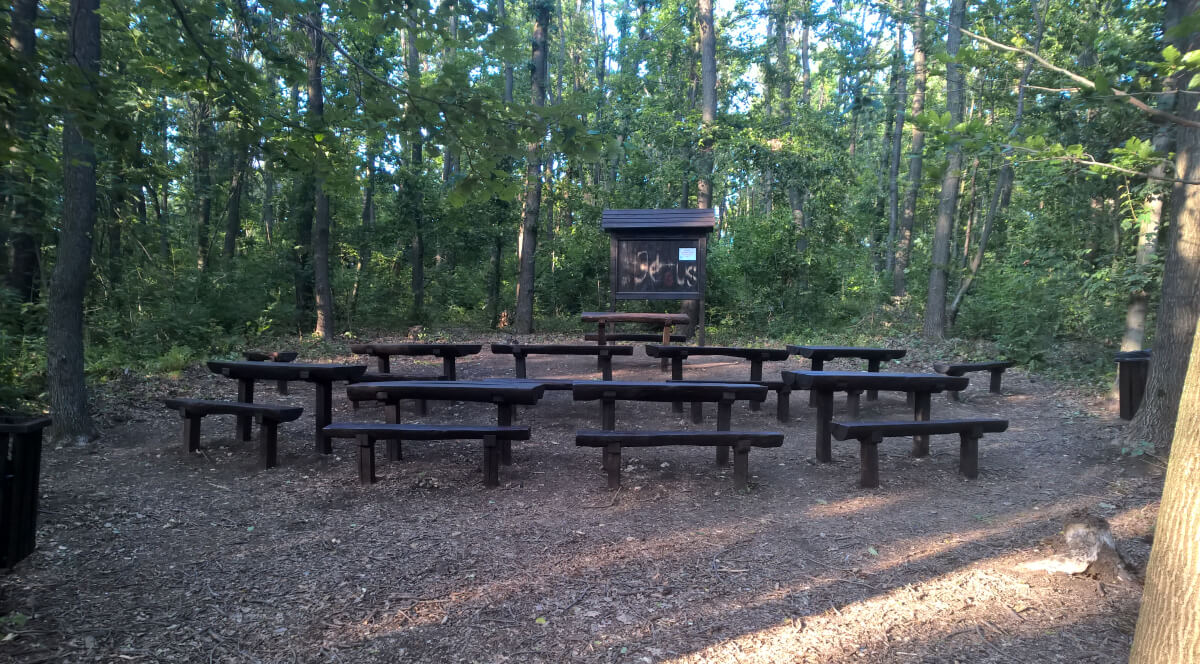
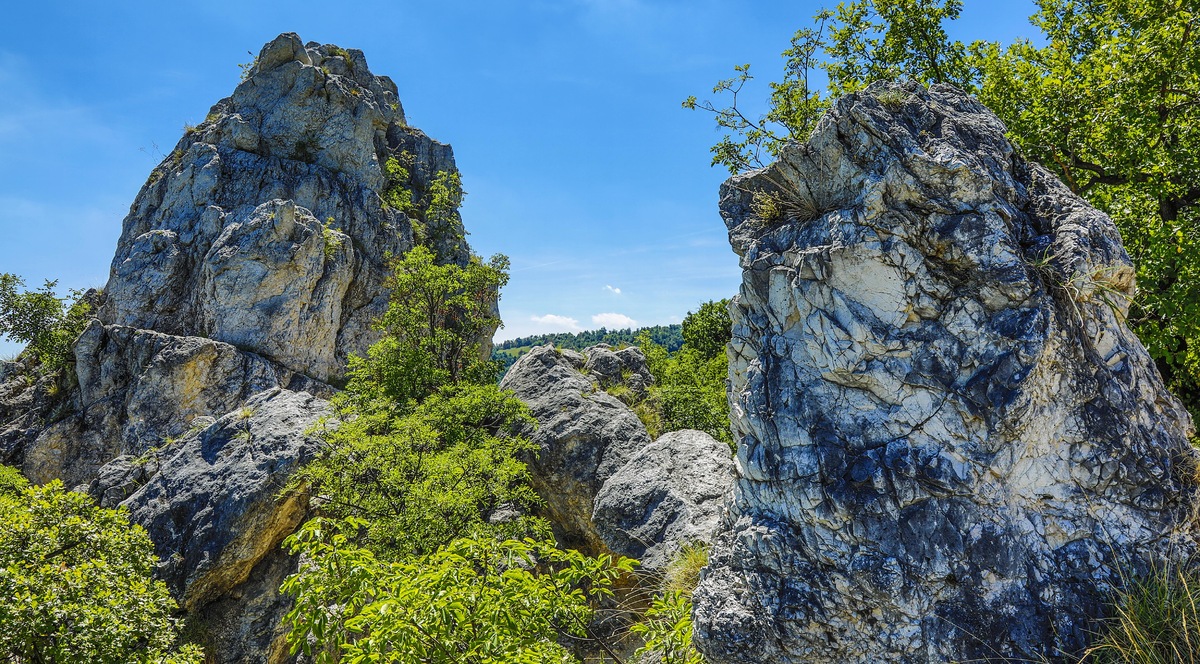
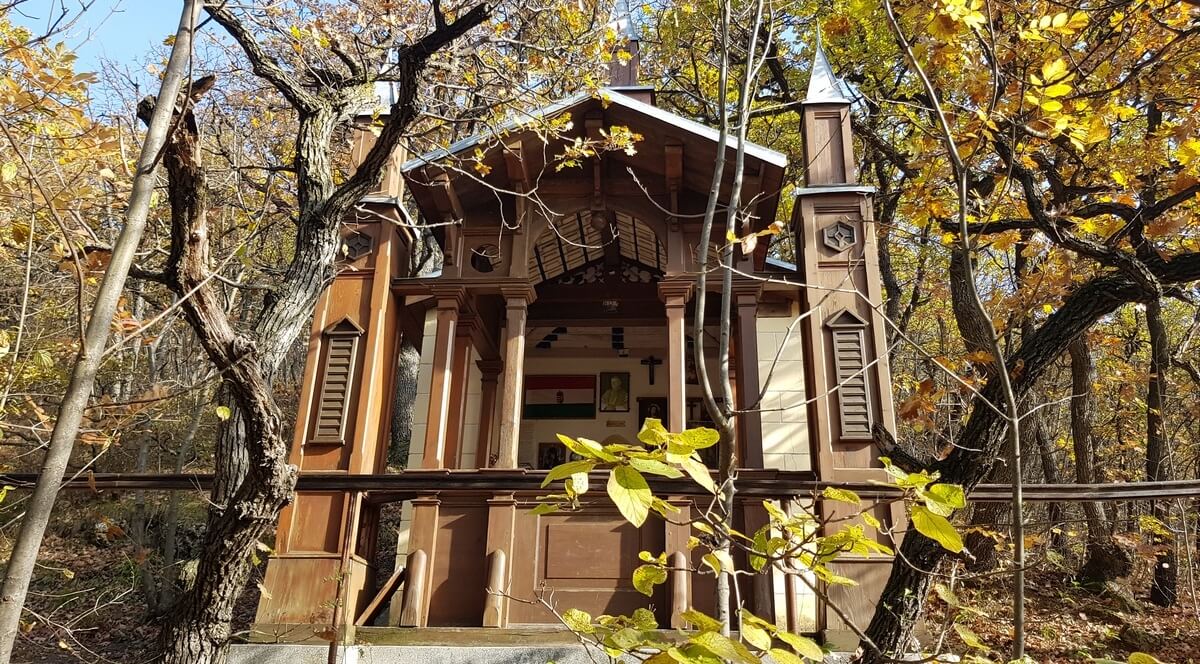
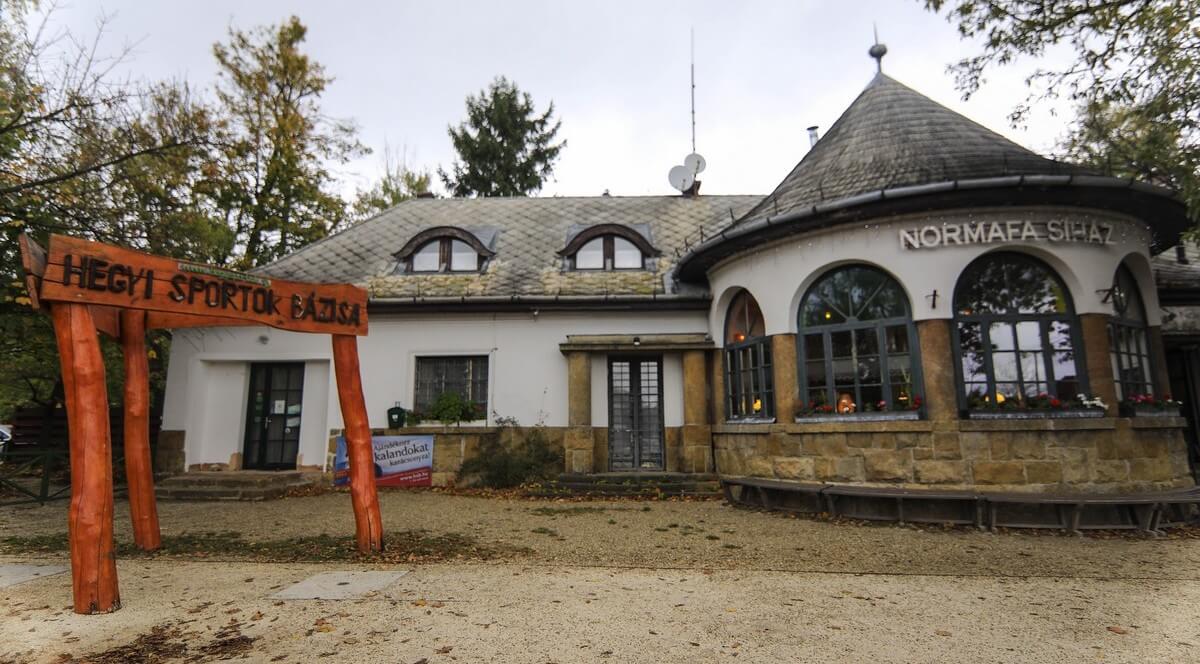
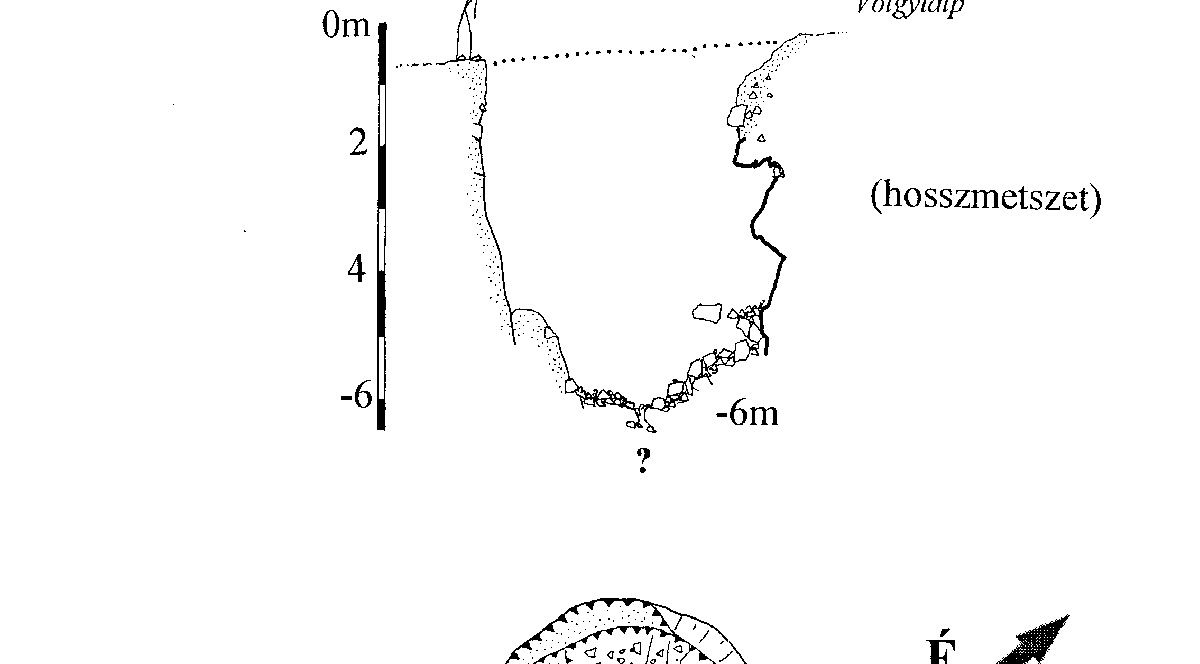
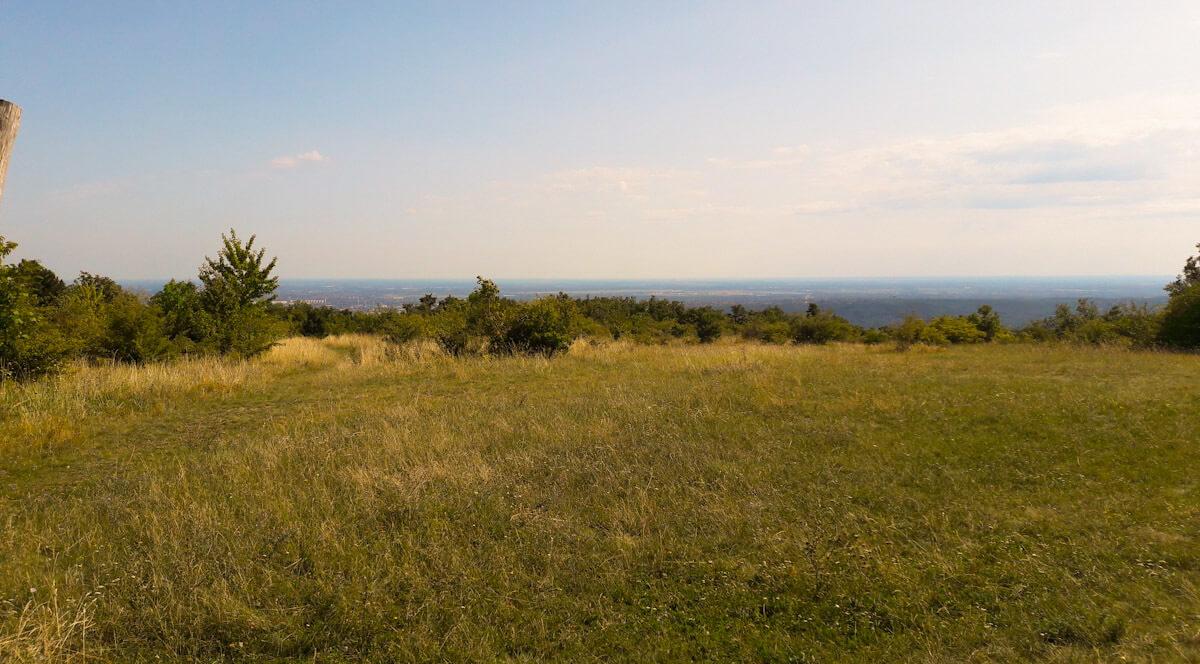
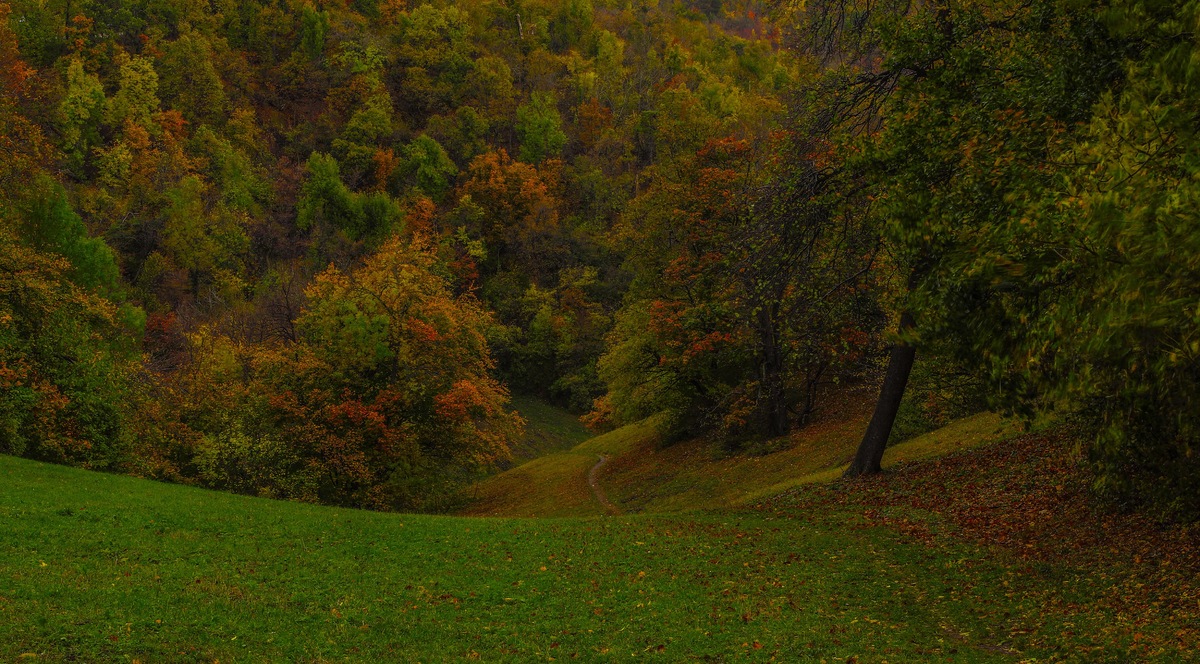
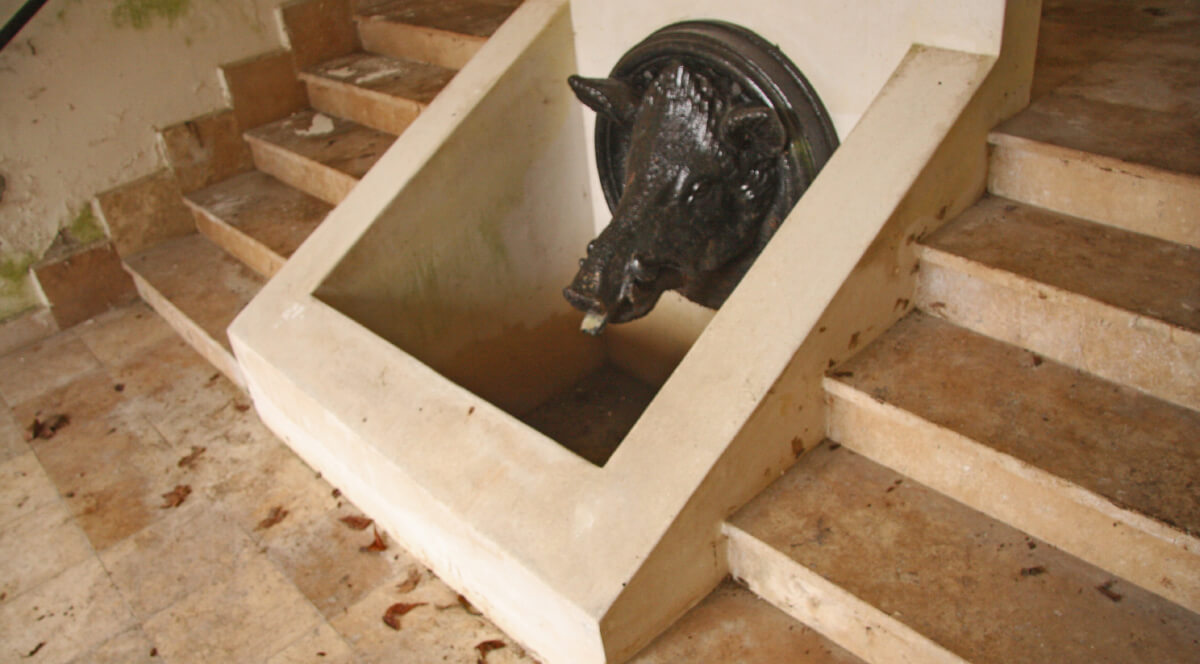
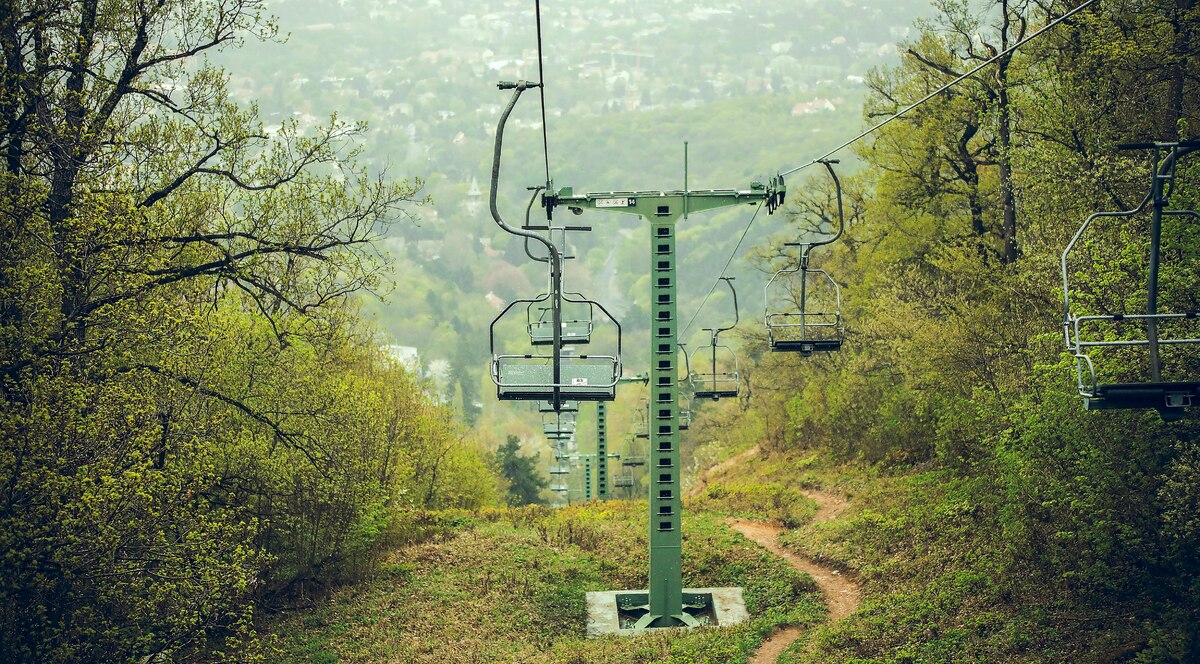
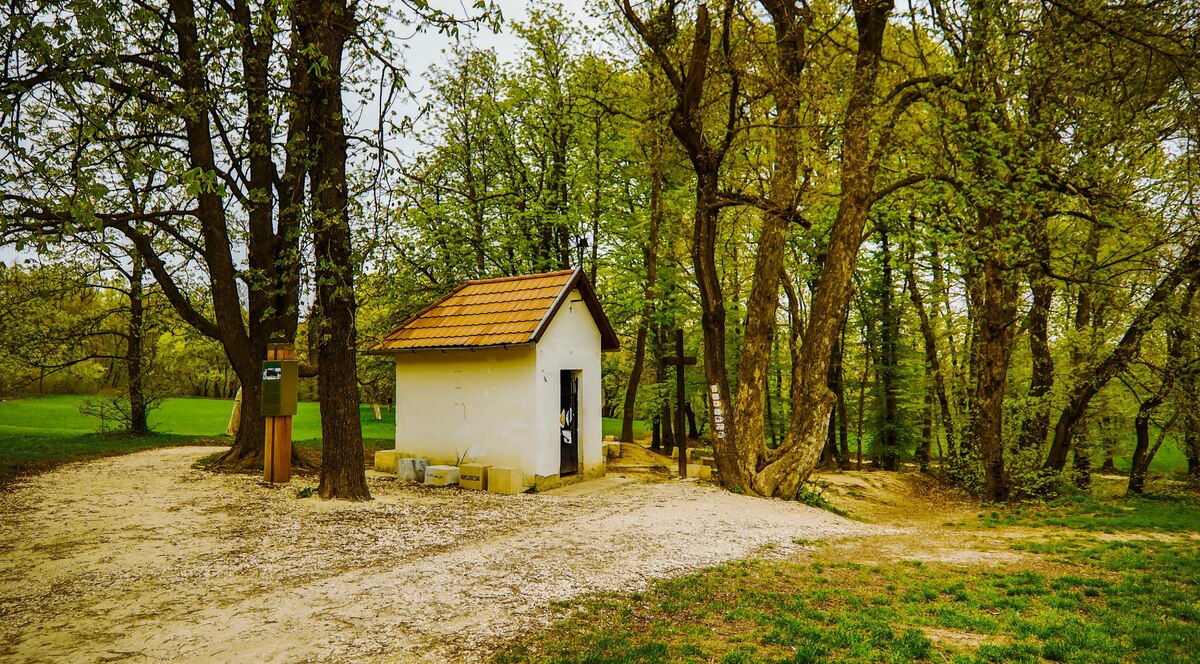
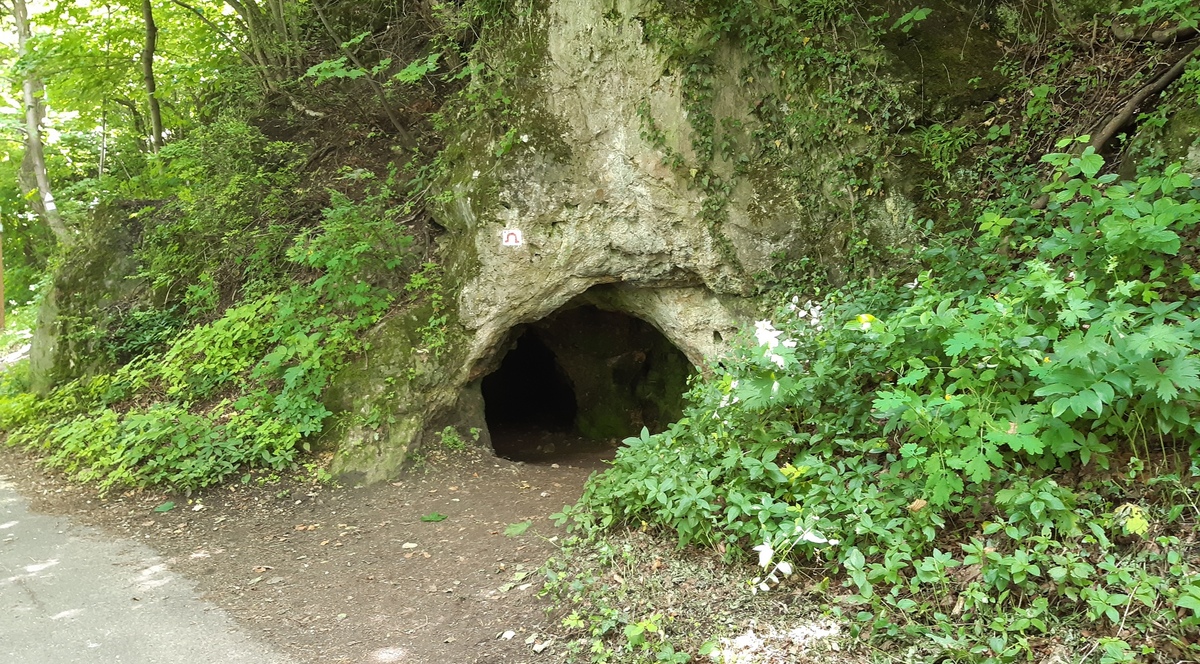
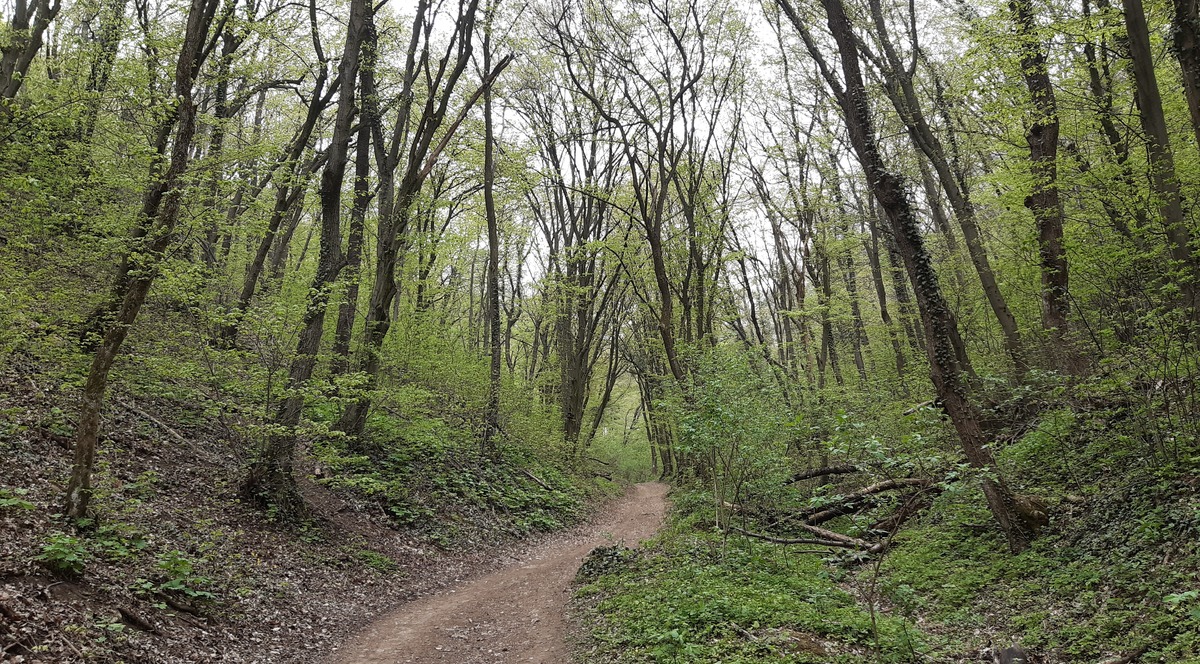
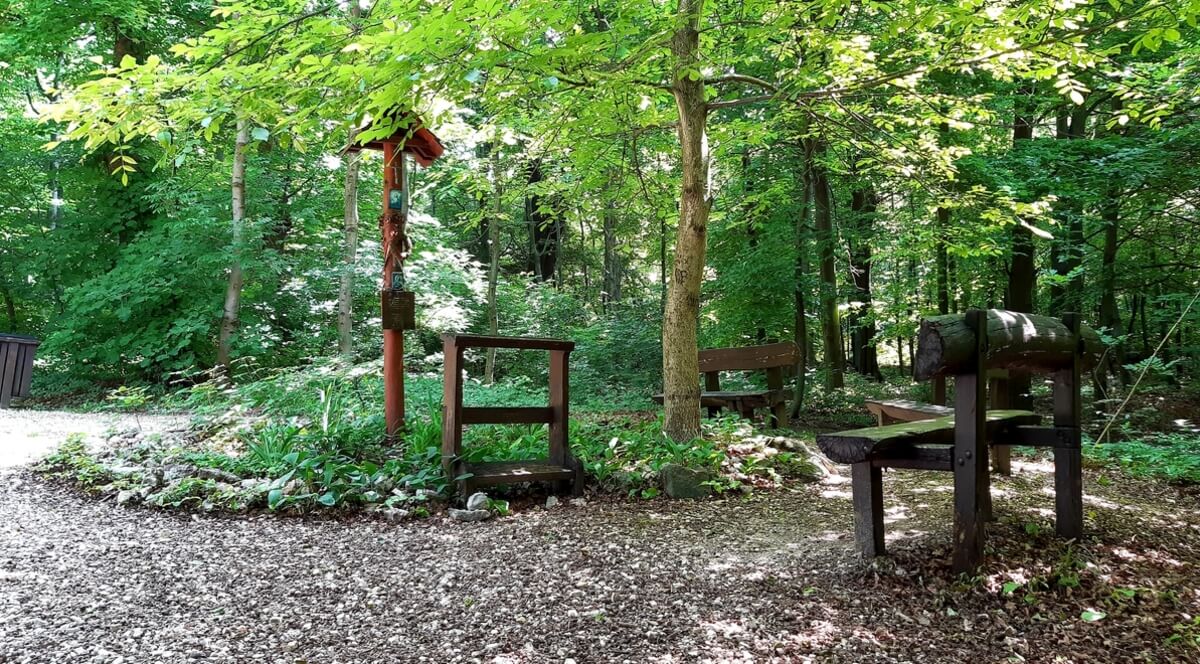

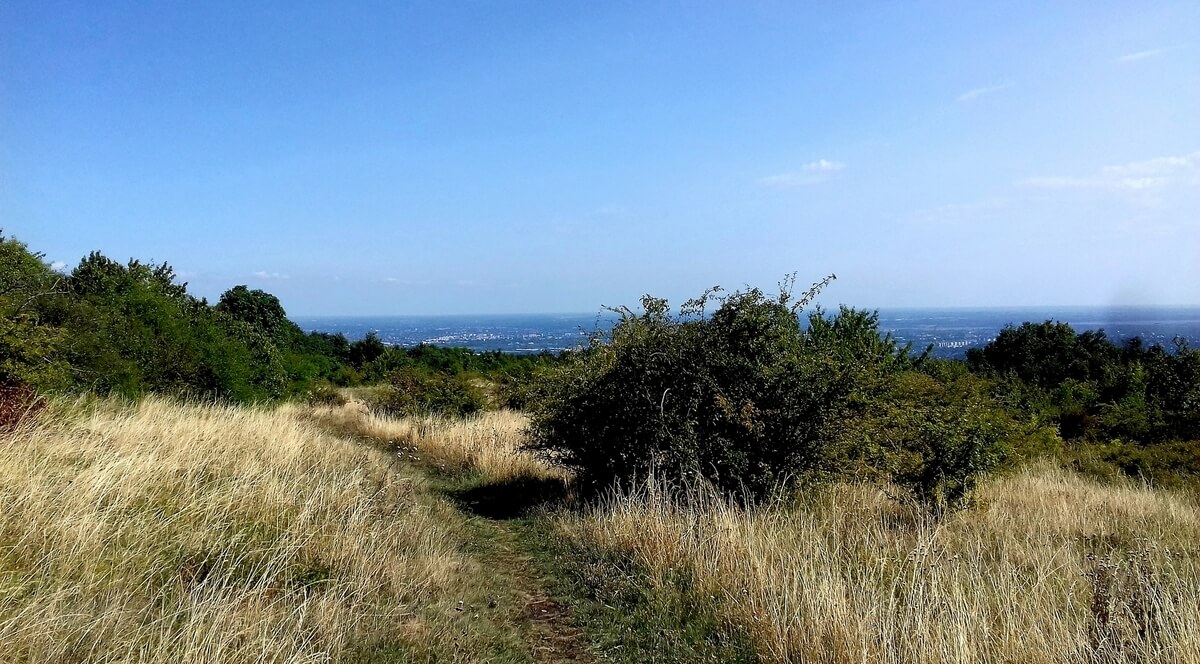
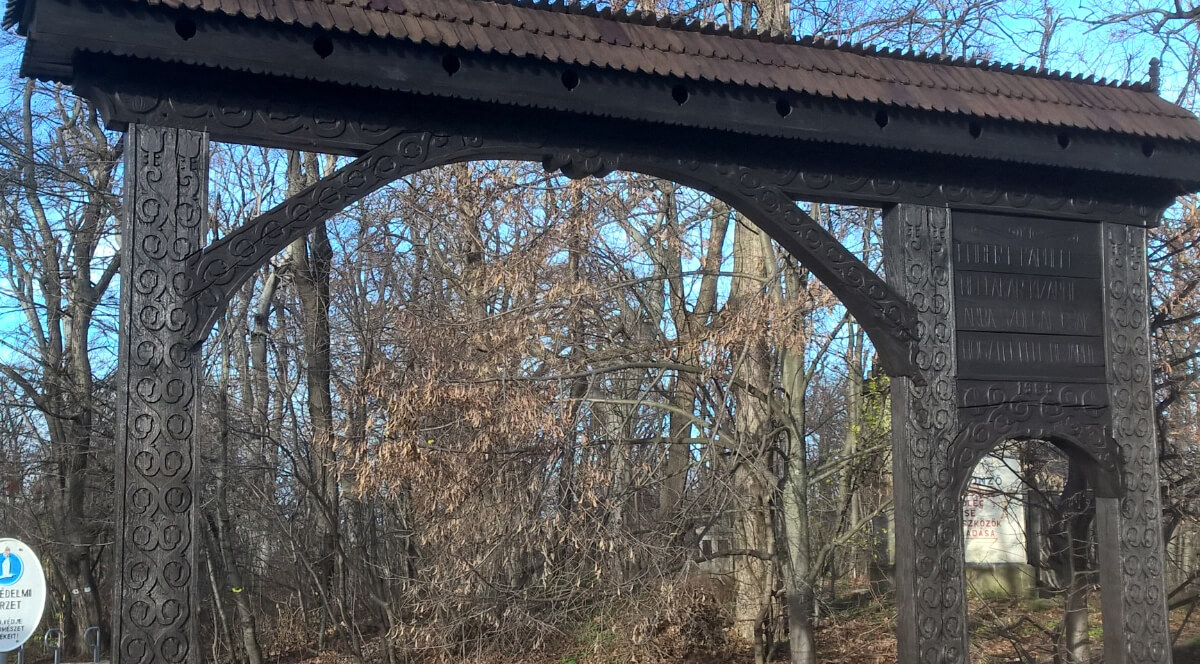
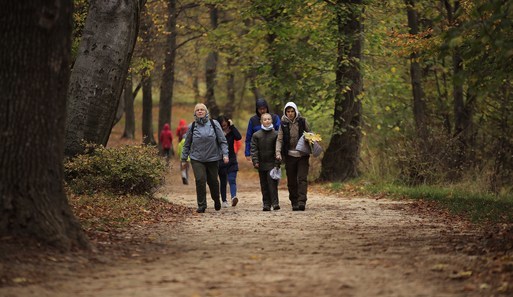
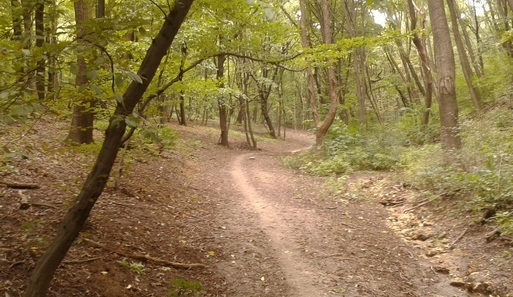
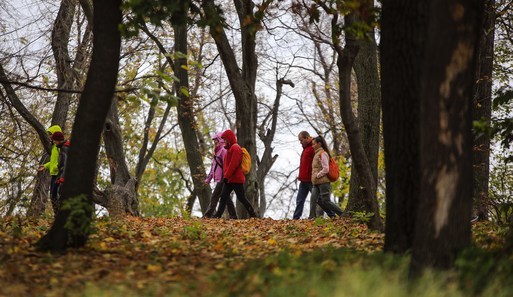
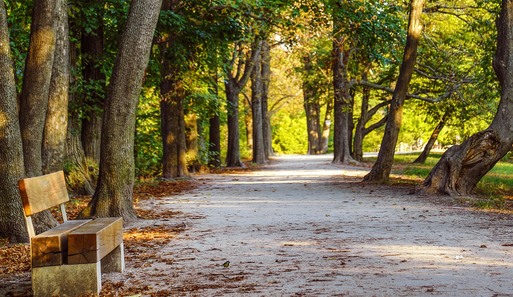
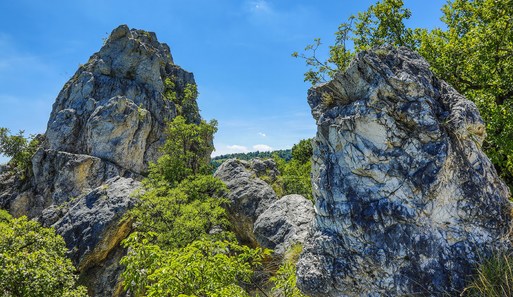
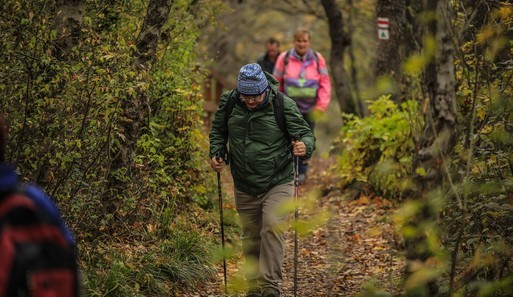
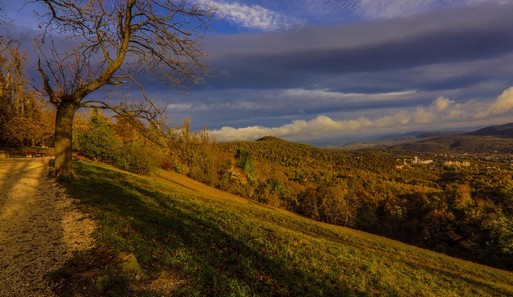

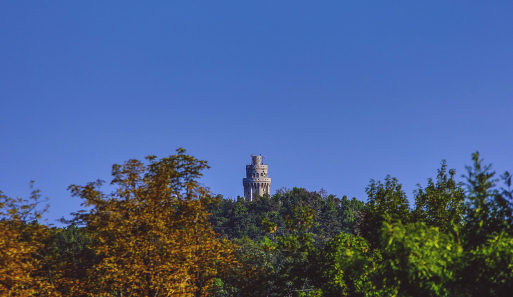
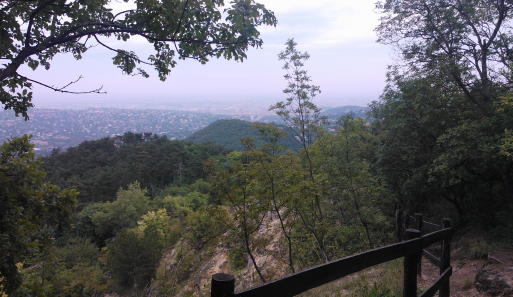


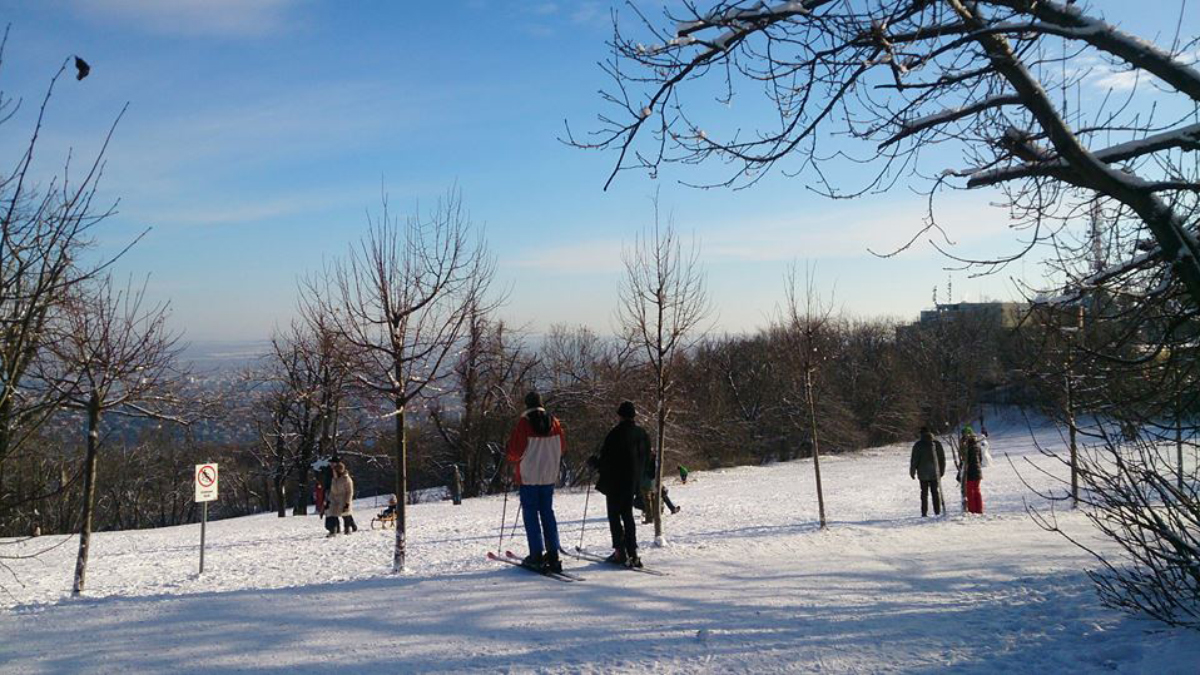
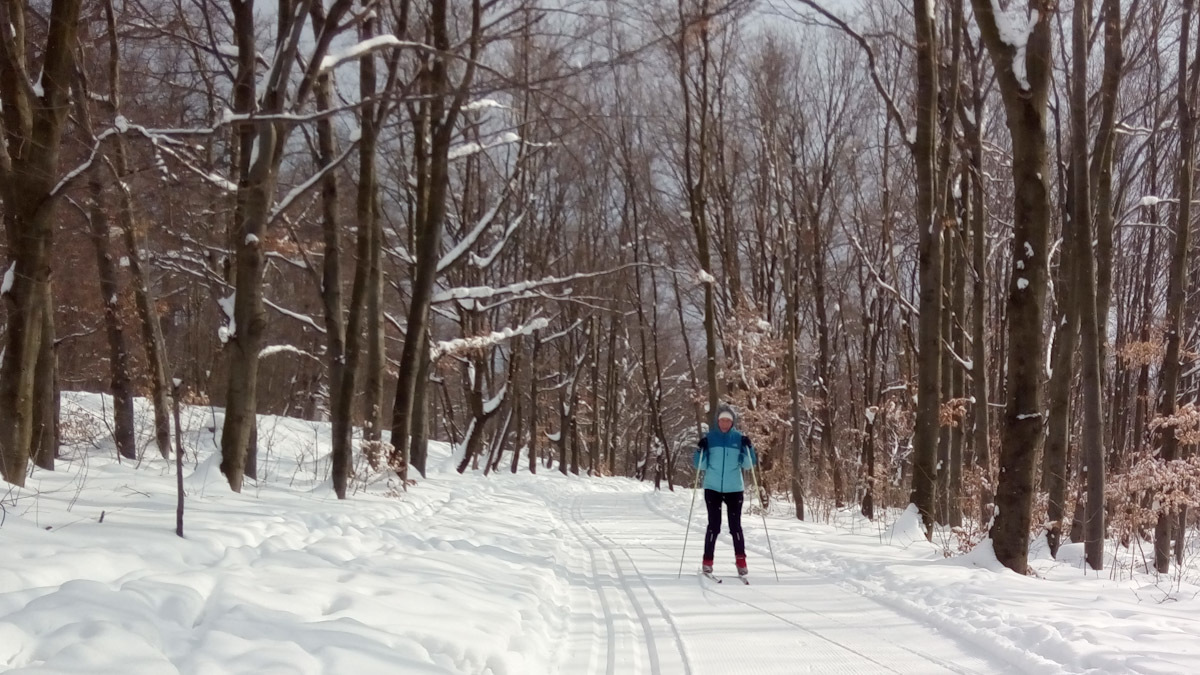
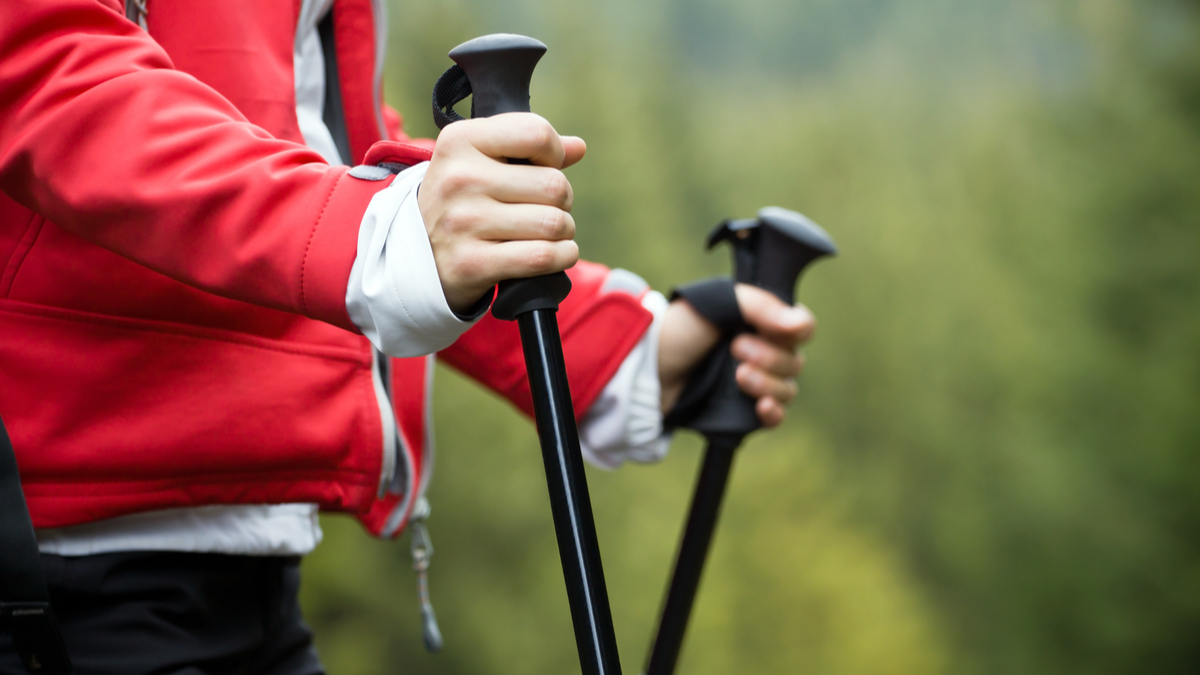
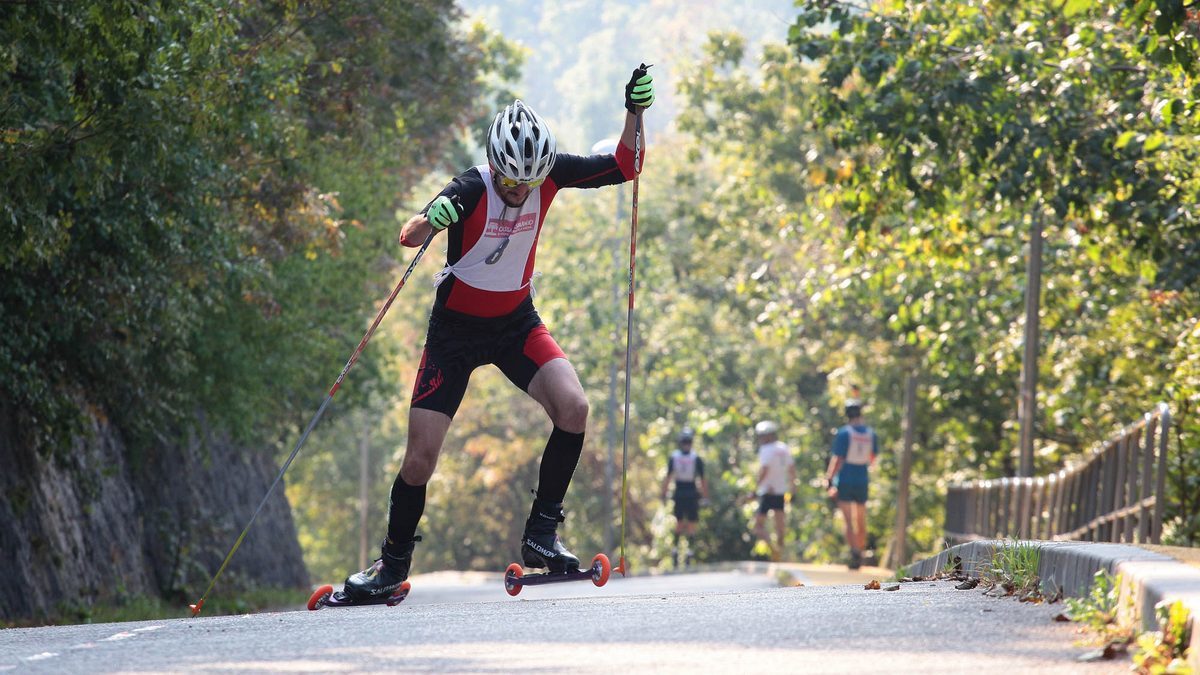
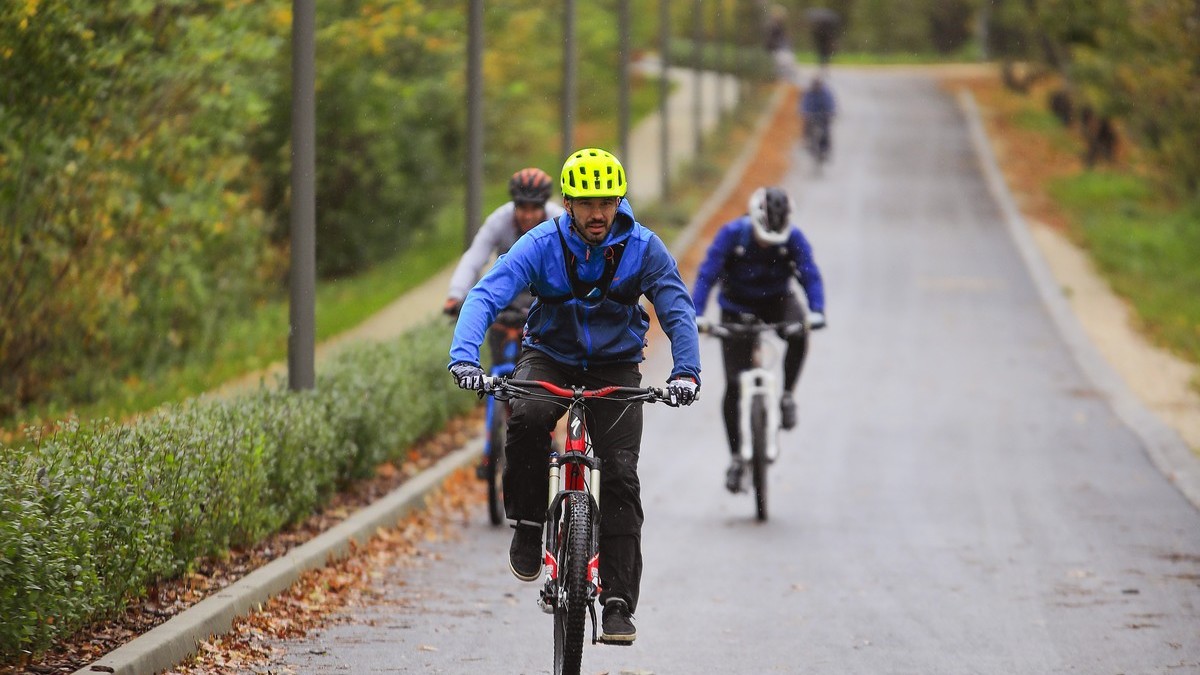


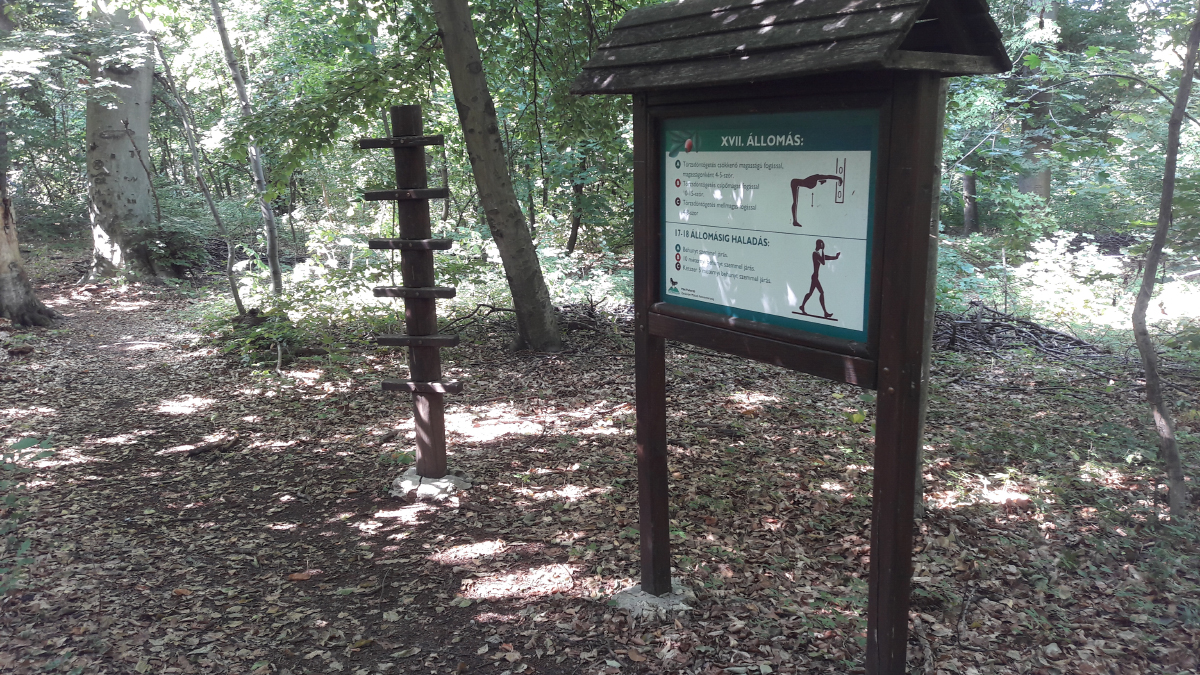
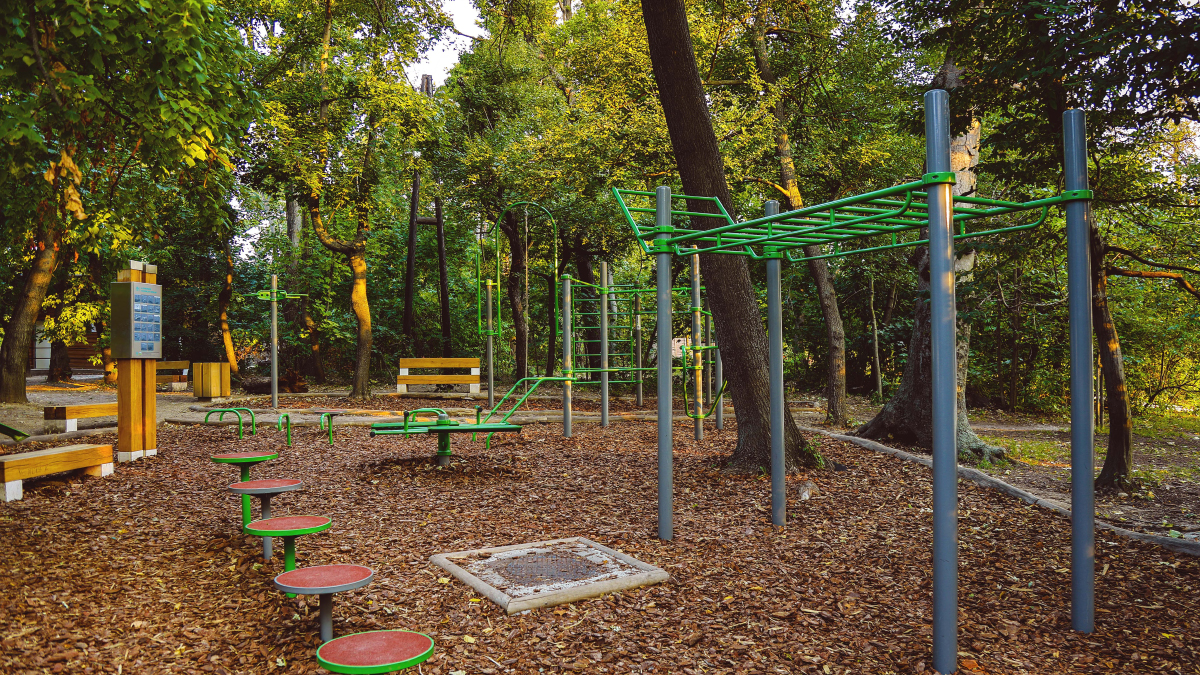












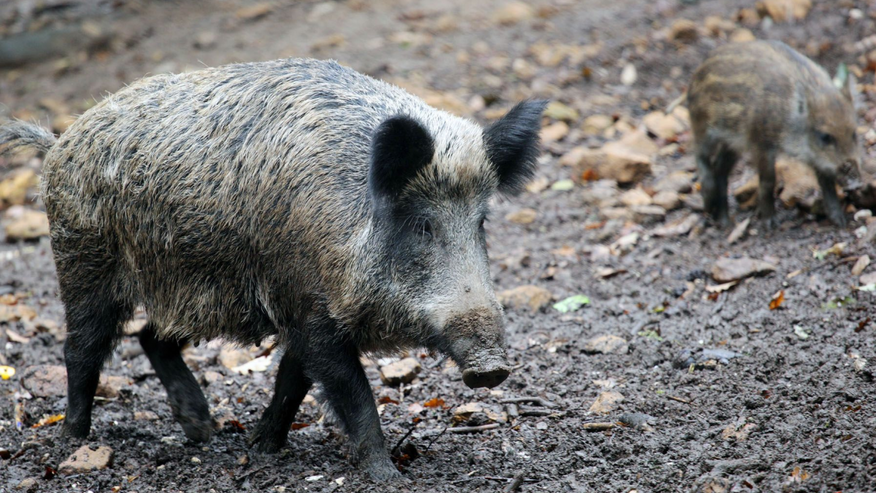
 October 04, 2019
October 04, 2019






